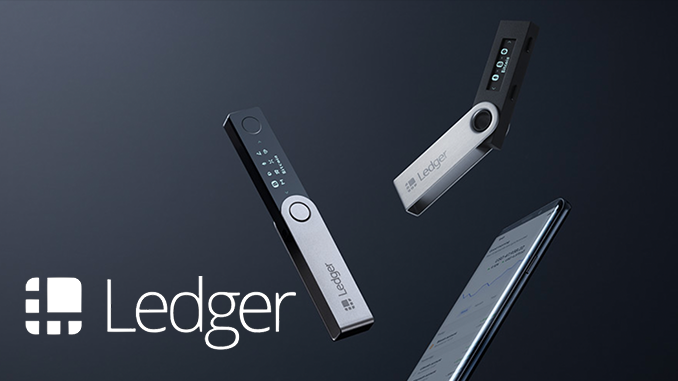on the crypto

Beware of fake emails
On Sunday, a Reddit user posted a notice on the r / ethfinance subreddit, alerting the group to the existence of the threat. The bogus email apparently informs users that their Ledger assets may be compromised.
The email states: "Our team of scientific experts found that several Ledger Live administrative servers were infected with malware." But the company reports that this claim is false. The email looks professional and is a phishing attempt to steal customer data. And it's so convincing that even the Investors more suspicious could be deceived.
Maybe a link to the July hack
“I got the same email and for once I was really confused. Anything can happen, ”wrote a Reddit user in response to the original post. “However, here you can see that the URL is incorrect (note the dot on the second 'e' => ledgėr). […] Probably the attack is related to the previous hack in which a hacker managed to obtain our e-mail addresses. " Another user replied, “Wow, it looked really authentic, so much so that I used the 'Contact Us' form to ask Ledger if it was real. I'm normally pretty good at sniffing things like that - this was by far the most convincing attempt I've ever seen. "
In July, Ledger's team discovered that an API key related to the e-commerce and marketing database had been hacked and the database had become accessible to an unauthorized third party. The data (mainly email addresses) was used to send order confirmations and promotional emails. In that case, Ledger confirmed the news of the breach and reassured clients that their funds were safe.
Phishing attacks are becoming more and more sophisticated
A key clue in any phishing email is a slight misspelling in an address or URL; in this case, “ledger.com” is misspelled. A simple tip for professionals is to bookmark verified sites where you would normally enter sensitive information and access them only via that bookmarked link.
Phishing attacks are common and attackers are increasingly sophisticated, creating emails that resemble the official corporate email. In a statement, a spokesperson for Ledger said an internal task force has been deployed to investigate the latest attack.
"The investigation is ongoing and we cannot provide further information at this time, but one thing is certain: Ledger will never ask you for your 24-word recovery phrase, which is a blatant sign of a phishing scam," he said. said the spokesman.
"Ledger encourages customers to pay attention as phishing attacks become more sophisticated and to alert Ledger's customer support team and consult Ledger.com for more information on scam detection."
